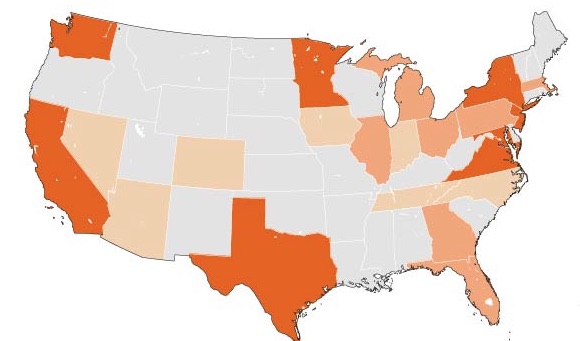Project: PACE: Policy, Advocacy, and Communication Enhanced for Population and Reproductive Health
Population Age Structure and Pathways to Inclusive, Effective Governance
Among countries with a youthful population, a window of opportunity to achieve key development goals opens across four sectors―health, education, the economy, and governance―as fertility declines and the age structure of the population gets older.



